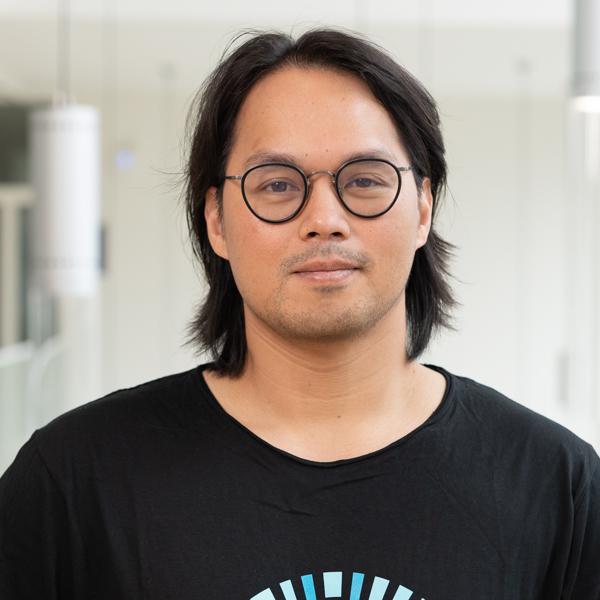Dr. Krikamol Muandet
Chief Scientist and Tenure-track Faculty (fast track) at CISPA
Speaker: Dr. Krikamol Muandet Date: 17-06-2025 2pm-3pm (BST) Location: Mathematical Science Building, MB0.08, University of Warwick, Coventry, UK
Learning with Nonlinear Expectations

Abstract
The expectation operation is a cornerstone of both statistics and machine learning. It provides a fundamental principle for understanding and developing algorithms, especially those that involve probabilistic models, randomized processes, and the optimization of objective functions expressed as sums of expected values. However, the evolving landscape of machine learning applications increasingly demands capabilities beyond traditional linear expectations. In this talk, I will explore the benefits of going beyond linear expectations in machine learning. First, I’ll present Kernel Quantile Embedding (KQE), a Hilbert space representation of distributions that extend beyond the standard Kernel Mean Embedding (KME). The KQE gives rise to a family of distances that: (i) are probability metrics under weaker kernel conditions than Maximum Mean Discrepancy (MMD); (ii) recover a kernelised form of the sliced Wasserstein distance; and (iii) can be efficiently estimated with near-linear cost. Then, I’ll present the Integral Imprecise Probability Metric (IIPM) framework, a Choquet integral-based generalisation of classical Integral Probability Metrics (IPMs) to the setting of capacities, a broad class of imprecise probability (IP) models encompassing many existing ones, including lower probabilities, probability intervals, belief functions, and more.
About Dr. Krikamol Muandet
Krikamol Muandet is a chief scientist and tenure-track faculty member at CISPA Helmholtz Center for Information Security, Saarbrücken, Germany. Before joining CISPA, he was a research group leader in the Empirical Inference Department at the Max Planck Institute for Intelligent Systems (MPI-IS), Tübingen, Germany. He was a lecturer in the Department of Mathematics at Mahidol University, Bangkok, Thailand. He received his Ph.D. from the Max Planck Institute for Intelligent Systems/University of Tübingen in 2015 working mainly with Prof. Bernhard Schölkopf. He received his master’s degree in machine learning from University College London (UCL), the United Kingdom where he worked mostly with Prof. Yee Whye Teh at Gatsby Computational Neuroscience Unit. He served as a publication chair of AISTATS 2021 and as an area chair for ICLR 2023, AISTATS 2022, NeurIPS 2021, NeurIPS 2020, NeurIPS 2019, and ICML 2019, among others.